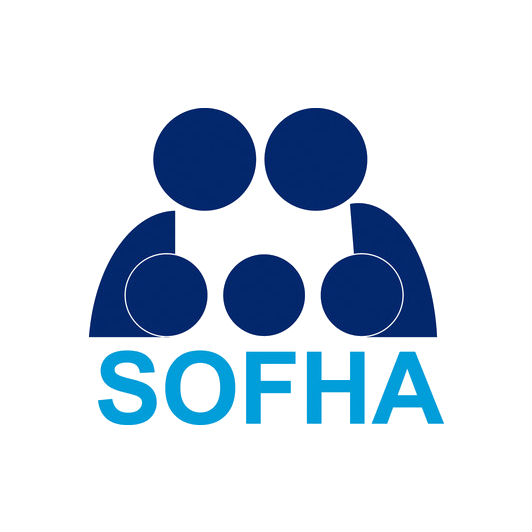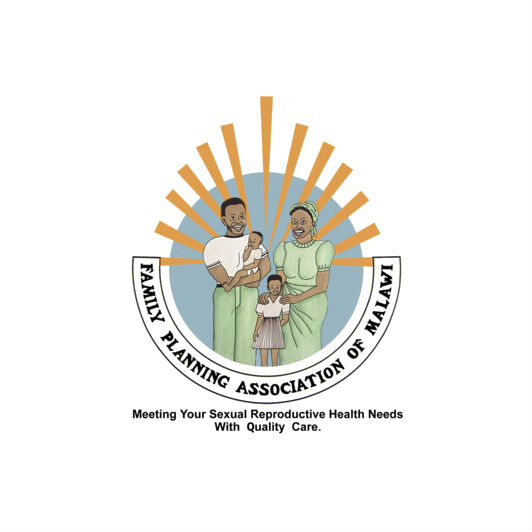

| 31 March 2016
Somaliland Family Health Association
Somaliland has an estimated population of between 3.5 and 4 million people and one of the world’s highest maternal, neonatal and infant mortality levels. Female Genital Mutilation (FGM) is a major problem in Somaliland with a prevalence close to 98%. Literacy rate is around 18% and Unemployment is extremely high with most families receiving remittance from family members abroad to meet their basic needs. Traditionally, the Somali people are nomadic. The infrastructure is very poor in terms of roads, human resources, water and electricity and that increase the difficulty in reaching a population on the move. Nevertheless, with all of those issues, The Somaliland people have demonstrated that they are a resilient, self reliant, consensus building and democratic people with a strong entrepreneurial spirit. Our Vision is a Somaliland in which every member is able and empowered to seek reproductive health information and services. And that those services are safe, available, accessible and affordable. Our mission is to increase the number and quality of services the Somaliland people receive through direct service, advocacy campaigns, trainings and research. Membership stands at around 100 Members representing Parents, midwives, nurses, doctors, youth and religious Leaders. Current Programs include counseling training for nurse/midwives, Every mother must receive birth spacing counseling ( pilot project at Edna Hospital), Islam and modern methods of birth spacing: Workshops with religious leaders, On campus events focusing on FGM, birth spacing, being a young woman and a mother, SRHR resource Library, HIV/AIDS: getting to zero in Somaliland. Partnerships are with the Ministry of Health, Ministry of Religious Affairs and Endowment, Ministry or Social Affairs and Labour, Edna Adan University Hospital, SOLNAC – Somaliland National Aids Commission, SLNMA – Somaliland Nursing and Midwifery Association, PSI International and with UNFPA Contacts Facebook: https://www.facebook.com/Somaliland-Family-Health-Association-SOFHA-582429758521238/

| 31 March 2016
Family Planning Association of Malawi
When it was founded in 1999, the Family Planning Association of Malawi (FPAM) focused on providing family planning services. As the organization has evolved, it has both refined and expanded its operation. Today, FPAM targets young people primarily, and reaches out to under-served rural communities. As a result, it operates 64 service points, including 53 mobile sexual and reproductive health (SRH) facilities and 4 static clinics. Its community-based distributor/services (CBDs/CBSs) profile is also very strong with 65 additional delivery points. As ever with IPPF Member Associations, the mix of outlets and approaches is very much led by the particular demographic and geographic needs of the country. FPAM also provides youth-friendly SRH information, education and behaviour change communication materials to young people at 4 youth centres, and through schools. Peer educators use group discussions, theatre performances, publications and audio-visual materials produced by community reproductive health promoters to pass on the message about good SRH practice and access to resources. The distribution of contraceptives, pregnancy testing, the diagnosis and treatment of sexually transmitted infections (STIs) and voluntary counselling and testing (VCT) for HIV and AIDS are core to FPAM’s clinic activity. For its successful operation, the organization depends on a team of 46 full-time staff and over 600 volunteers. Over the years, FPAM has forged partnerships with health, family and youth departments in government, to advocate forward-thinking national SRH policies. It works with a variety of non-governmental organisations (NGOs) including the Malawi Girl Guides Association and Banja La Mtsogolo. Financing support comes from UNFPA, IPPF’s Japan Trust Fund, the Japanese Organization for International Cooperation in Family Planning (JOICFP), UNICEF, National AIDS Commission, GTZ, and Youth Incentives. FPAM also networks with other SRH-focused groups, particularly in the fields of HIV and AIDS and youth issues. Contacts Website: www.fpamalawi.org Facebook: https://www.facebook.com/FPAMalawi/







